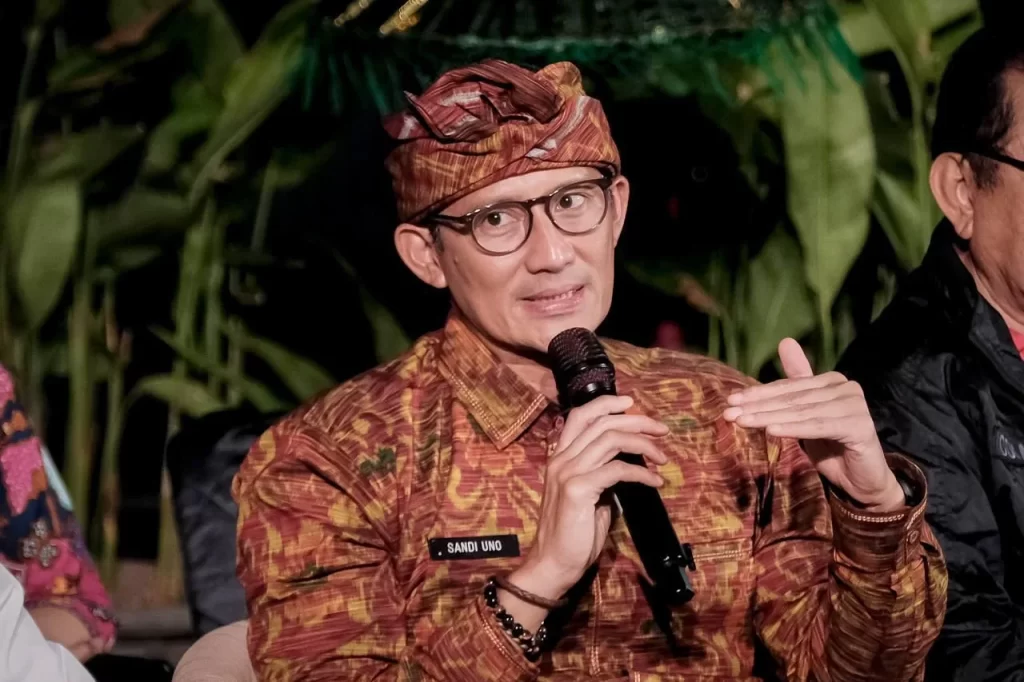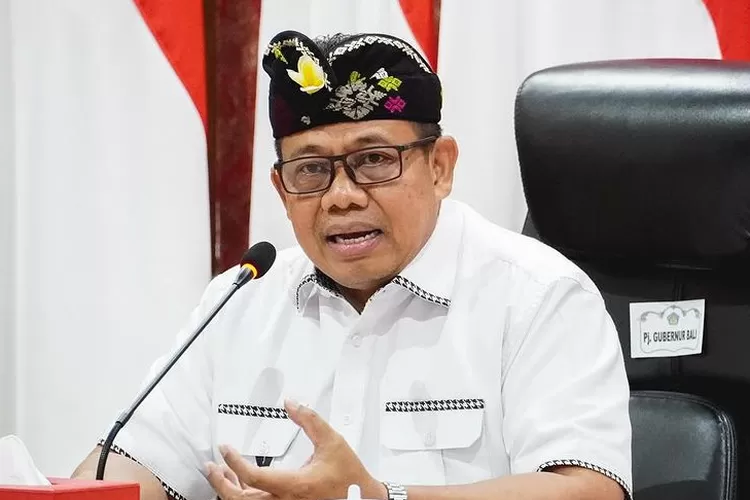Setting the Stage for Sustainability in Bali
Bali, an island once revered for its natural beauty and cultural depth, now faces a complex set of challenges brought on by its own success. As one of the most visited tourist destinations in the world, the island’s resources, environment, and local communities are under increasing strain. With discussions of a moratorium on new hotel development, many are beginning to question whether Bali’s approach to tourism is sustainable—and, more importantly, whether it aligns with the aspirations of its people.
Sustainability, in this context, does not only mean protecting the environment but ensuring that tourism supports the local economy, preserves cultural heritage, and allows Bali to remain a thriving destination for generations to come. This article delves into what ethical tourism development truly means for Bali’s future, exploring why the moratorium exists and what steps can be taken to ensure the island’s long-term prosperity.
Defining Sustainability: A Holistic Approach

At its core, sustainability means meeting the needs of the present without compromising the ability of future generations to meet theirs. The United Nations World Tourism Organization (UNWTO) defines sustainable tourism as one that carefully balances environmental, economic, and social considerations. For Bali, this means that development projects should not simply focus on the influx of tourists but also on preserving natural resources, reducing waste, and ensuring that the local population benefits from the tourism boom.
In Bali’s case, the environment is at particular risk. Over-tourism has led to significant deforestation, increased waste production, and overuse of limited resources like water. According to the World Wildlife Fund (WWF), Bali has seen a 55% increase in deforestation over the past decade due to unsustainable development. It is essential to create a model where tourism and environmental protection coexist harmoniously, ensuring that the island’s natural beauty remains intact.
The Aspirations of Balinese People: What Do They Want?
While Bali’s tourism industry has generated immense wealth, the benefits have not always been evenly distributed. Many local communities feel that tourism, while lucrative for some, has bypassed them entirely. This sense of exclusion has given rise to growing discontent, with many locals voicing their concerns about the strain on their culture, environment, and way of life.
A 2023 report by Bali’s Cultural Heritage Preservation Agency highlighted that a significant portion of the Balinese population desires a more balanced development model—one that promotes tourism without sacrificing their cultural identity or natural resources. Many Balinese want tourism projects that provide meaningful employment beyond low-level service jobs, while respecting their traditions and safeguarding the environment.
The increasing number of foreign-owned businesses and villas has led to fears of cultural dilution and economic alienation. These foreign-owned enterprises often contribute little to the local economy, creating tensions between locals and expatriates. Local NGOs have reported a growing resentment among communities, who see their land and resources being used for profit by outsiders with little return to the people of Bali.
The Role of Foreign Investment in Shaping Bali’s Future
Foreign investment has undoubtedly played a significant role in building Bali’s tourism infrastructure. However, not all investments have had positive outcomes for the island or its inhabitants. Rapid and unchecked development has resulted in environmental degradation, displacement of local communities, and the erosion of Bali’s cultural heritage.
The moratorium on new hotel development is a direct response to these concerns. Bali’s leaders are sending a clear message: future investments must align with the island’s long-term sustainability goals. The moratorium presents an opportunity for foreign investors to re-evaluate how they approach development on the island. Rather than focusing on short-term gains, ethical investors must consider how their projects can contribute positively to Bali’s future.
Why the Moratorium? A Reflection of Growing Concerns
The moratorium on new hotel construction in Bali’s southern region is not simply about halting development; it is a necessary pause to re-assess the island’s approach to tourism. Over-development has caused massive strain on Bali’s infrastructure, and the island’s natural resources are being stretched thin. Water shortages, waste mismanagement, and soil degradation are just some of the challenges that the island faces.

Indonesia’s Minister of Tourism and the Creative Economy, Sandiaga Uno, has been vocal about the need for more sustainable tourism development. He has expressed concerns that many new projects fail to consider the long-term environmental impacts of their developments. His call for a more balanced approach reflects a broader effort to recalibrate Bali’s tourism industry in a way that preserves its natural and cultural wealth.
Meanwhile, Bali’s interim governor, Sang Made Mahendra Jaya, recently emphasized the importance of creating policies that promote quality tourism over sheer numbers. The goal, he stated, is to ensure that Bali remains an attractive destination while protecting the island’s long-term viability.

Balancing Tourism and Cultural Preservation: Practical Steps Forward
To ensure Bali’s sustainable future, investors and developers must adopt more ethical approaches that respect the environment and the local population. Here are some practical steps:
- Engage Local Communities: Developers should actively involve local communities in planning and decision-making processes. This can help ensure that projects are in line with community values and provide meaningful employment opportunities for Balinese people.
- Cultural Sensitivity: Any tourism project must take into account the preservation of Bali’s cultural heritage. This includes respecting sacred sites, collaborating with local artisans, and promoting cultural education for tourists.
- Green Infrastructure: Developers should focus on eco-friendly infrastructure, utilizing renewable energy sources, reducing water waste, and ensuring that their projects contribute positively to Bali’s environment. Eco-resorts and green buildings are increasingly popular, setting an example for sustainable tourism development.
- Support for Local Businesses: Investors should prioritize working with local suppliers and service providers, ensuring that the economic benefits of tourism are distributed more evenly across the island.
The Role of Governance in Ethical Tourism Development
Strong governance and accountability are crucial for ethical tourism development in Bali. Local and national governments must enforce regulations that ensure developers are adhering to sustainable practices. Transparency is also essential; the process of acquiring permits, building licenses, and environmental clearances must be transparent and free from corruption.
New regulations should also focus on limiting the number of international tourists allowed on the island each year, as proposed by former President Megawati Soekarnoputri. Such policies will help manage tourism numbers and prevent over-tourism from overwhelming the island.
How TraceWorthy Can Help
Ethical tourism development is not just about adhering to rules—it is about creating a legacy that benefits both the present and future generations. For businesses looking to invest in Bali, the key to success is aligning with local values, preserving the environment, and fostering community well-being.
At TraceWorthy, we guide investors and developers through the complexities of sustainable development, ensuring that their projects are not only profitable but also respectful of Bali’s unique culture and environment. By working with TraceWorthy, you can be part of the solution—helping to shape a more sustainable and prosperous future for Bali.
Reach out to TraceWorthy today to learn more about how your business can contribute to Bali’s ethical development.
#Bali #SustainableTourism #EthicalInvestment #TourismDevelopment #BusinessConsulting #TraceWorthy #BusinessIsPersonal #BaliMoratorium #StopOverdevelopment #BaliTourism

